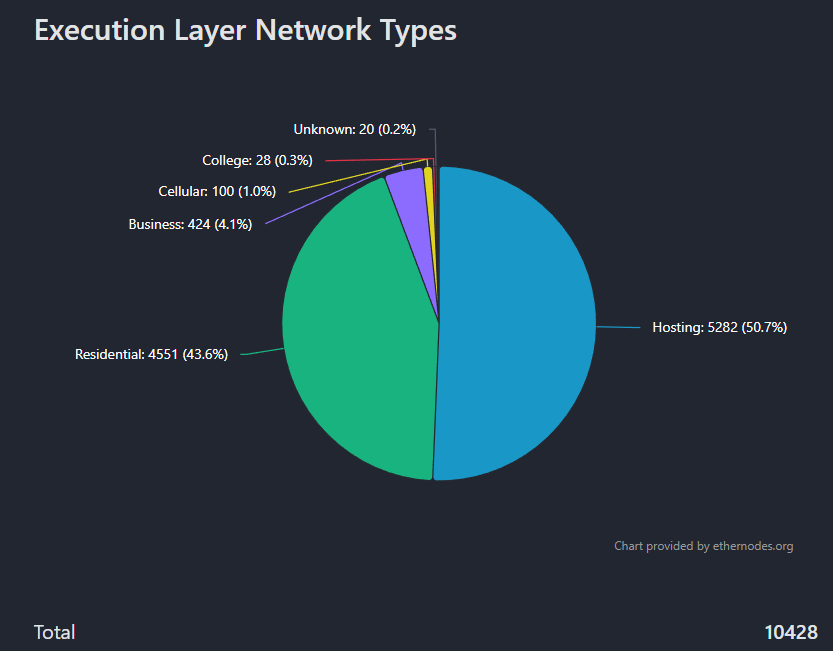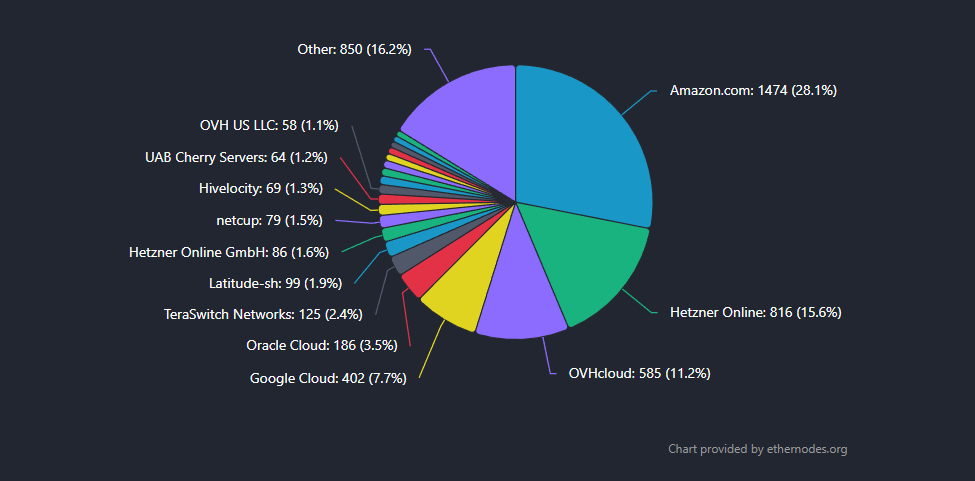Consensys-owned blockchain infrastructure company Infura is extending its API data marketplace, Decentralized Infrastructure Network (DIN), to run on EigenLayer, a protocol that allows Ethereum stakers to reuse staked ETH to secure external services.
In a press release shared with The Defiant, Infura said this will be the first large-scale RPC and API marketplace to operate as the EigenLayer Autonomous Verifiable Service. This means that the service is now backed by stakeholders who can earn rewards for good performance and lose some of their interest if they fail, incentivizing operators to stay online.
Infura co-founder EG Galano said that EigenLayer allows the team to realize a vision based on “proven restaking standards backed by the strongest asset in crypto: restaked ETH.”
According to the release, DIN has been processing live user requests since February 2024, routing more than 13 billion requests each month across more than 30 networks and platforms, including Ethereum mainnet, layer 2 network Linea, and Web3 wallet MetaMask.
DIN links blockchain apps to multiple node providers, so if one goes down, requests automatically switch to another without any interruption. With EigenLayer integration, Infura adds financial responsibility to this existing traffic, making reliability expensive to ignore.
The fight against centralization
With this new service, the Consensys-owned blockchain infrastructure company hopes to address a major weakness in Web3 infrastructure, as it says that “even today, 70-80% of RPC traffic still goes through a small number of centralized providers.”

Execution layer network type. Source: Ethernode
Data from Ethernode, a website that tracks Ethereum data statistics, shows that more than half of Ethereum’s so-called “execution nodes” that process blockchain data are hosted by cloud providers.

Cloud provider for Ethereum execution nodes. Source: Ethernode
Approximately 28% of these nodes run on Amazon’s cloud services, and 15.6% run in the European data center Hetzner.
Although blockchain is designed to be decentralized, much of its traffic still relies on a few centralized cloud platforms, particularly Amazon Web Services (AWS). And the industry is already seeing the effects of this concentration.
In late October, AWS suffered an outage that lasted several hours, disrupting major websites and apps including Coinbase, its layer 2 network Base, the cross-chain stablecoin USDT0, and even Infura, reporting a “widespread outage” affecting multiple Infura networks and services. The AWS incident comes on the heels of a similar outage in April.






